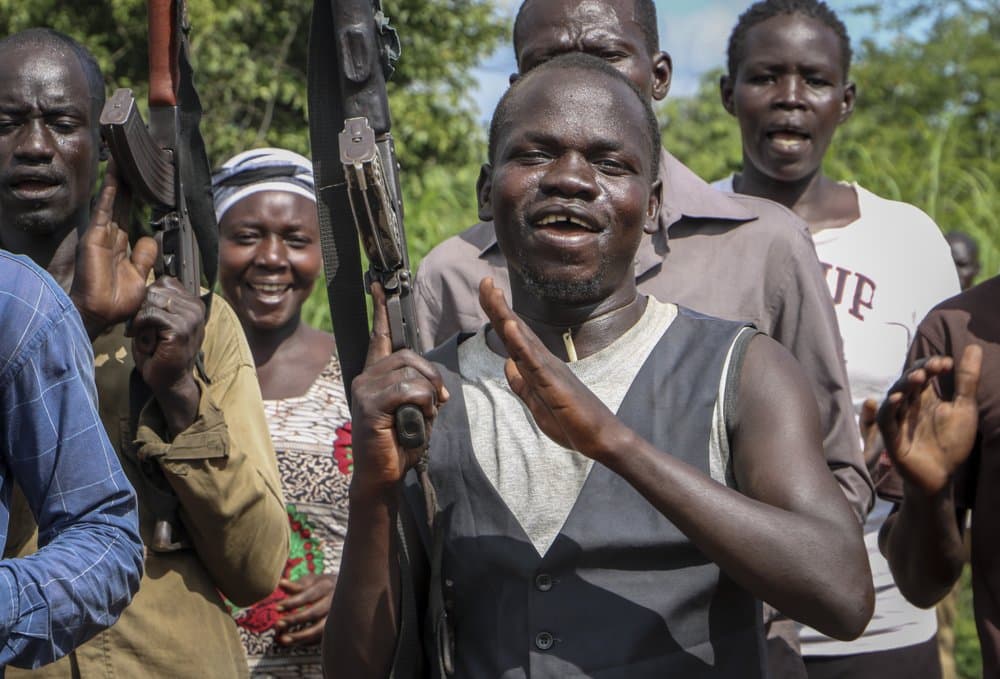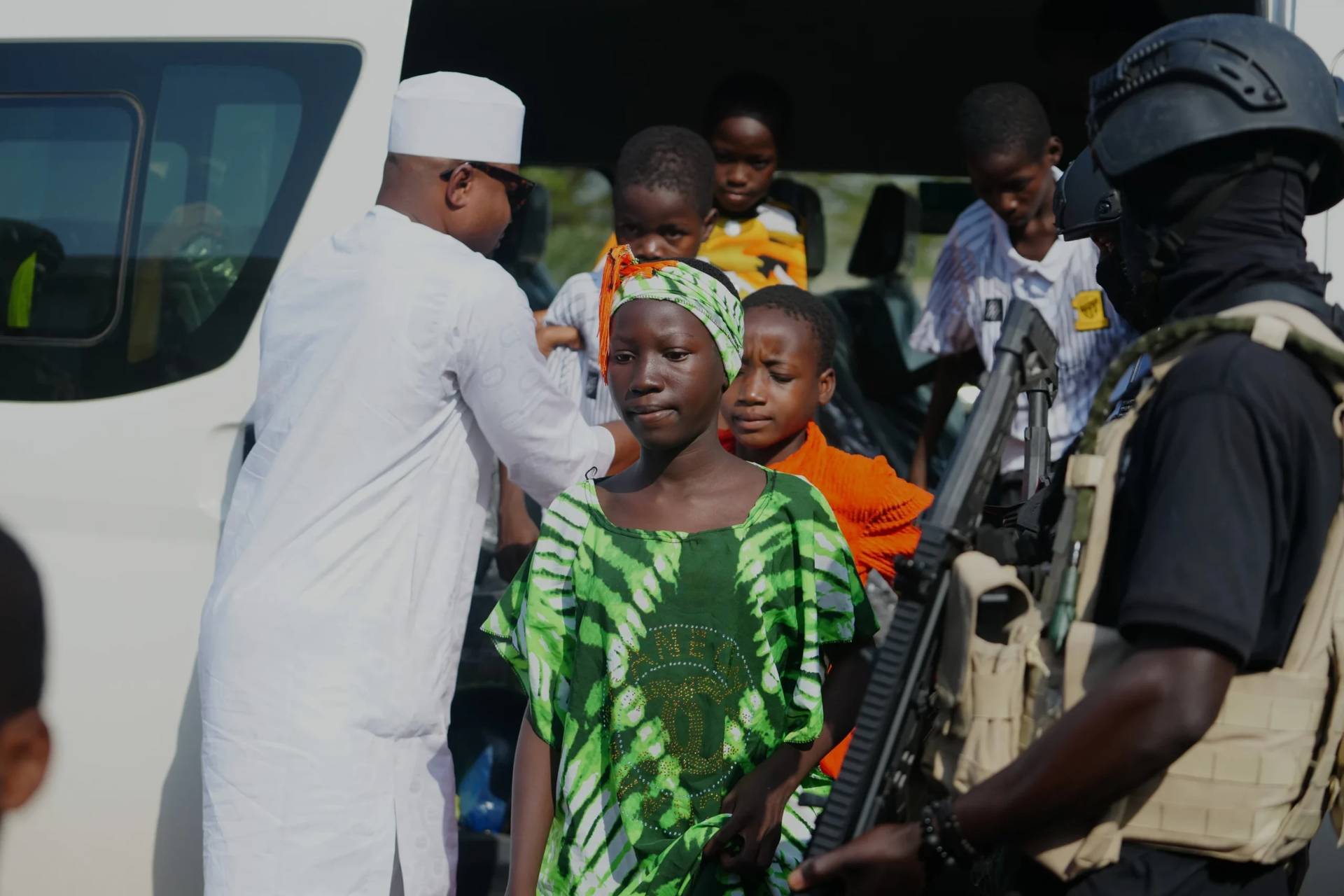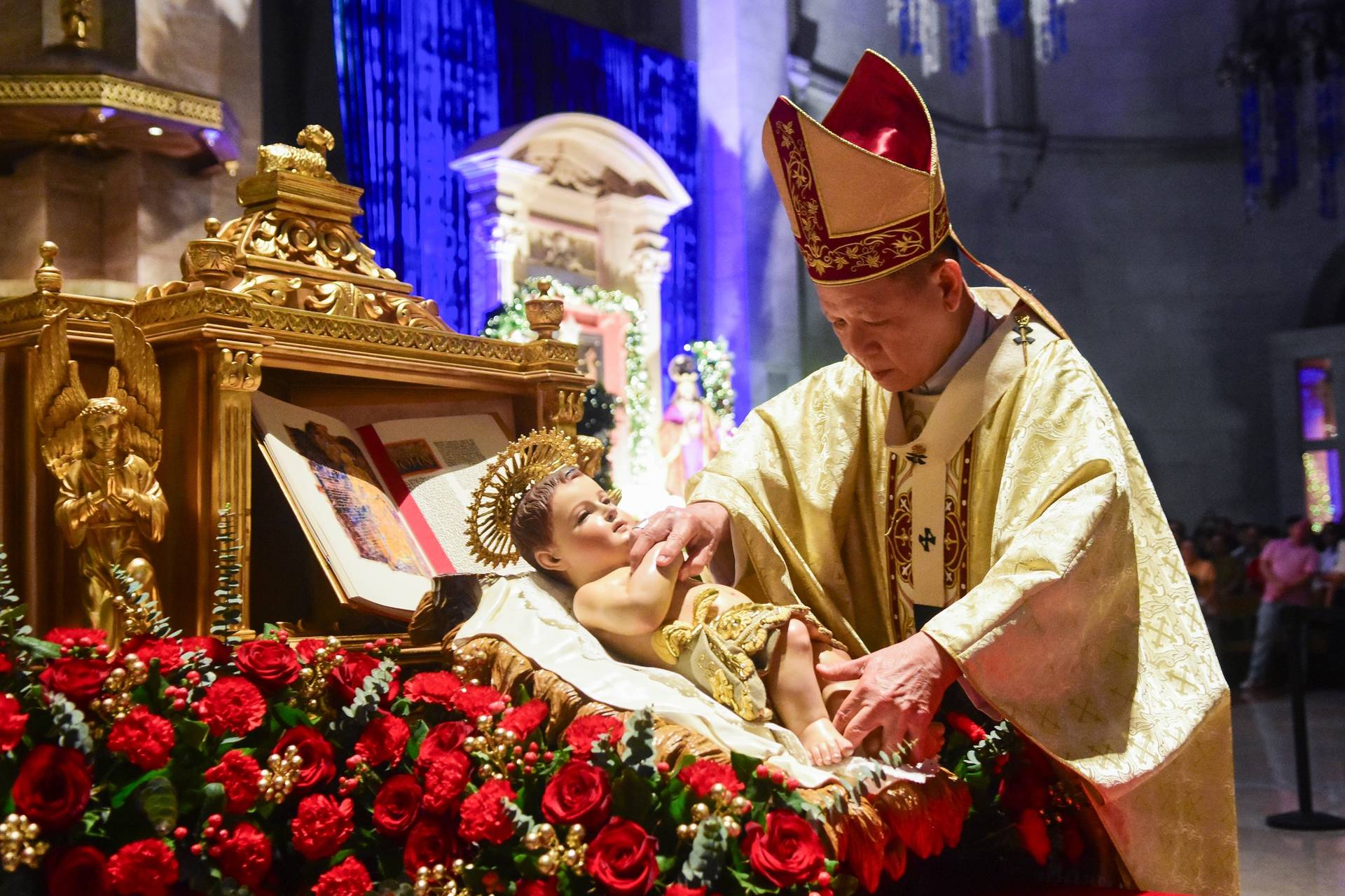YAOUNDÈ, Cameroon – As the date draws nearer for Pope Francis’s much-anticipated visit to the young and troubled nation of South Sudan, the local coordinator for the trip believes it could close a chapter of chaos and open a new one of reconciliation and peace.
“We believe that with the coming of the Holy Father, the old chapter of chaos, of difficulties, of fighting will be closed, and our people will be embracing and opening a new chapter for us, to begin journeying together, and living as brothers and sisters in the same country,” said Father Samuel Abe, general coordinator for the papal visit to South Sudan.
Francis will visit South Sudan from February 3-5, after a four-day stop in the Democratic Republic of Congo that will run from January 31 to February 3. While in South Sudan, Francis will be joined by the Archbishop of Canterbury and the Moderator of the Church of Scotland.
“We are hoping that after the visit of the Holy Father, many things will happen,” Abe said during a January 16 online news conference organized by the pontifical charity Aid to the Church in Need.
South Sudan won its independence from Sudan on July 9, 2011, following a weeklong referendum in which the southerners overwhelmingly voted to break away. Nation-wide celebrations which erupted in the wake of that vote, however, did not last for long.
War broke out in December 2013 between members of the Presidential Guard, and along ethnic lines. Soldiers from the Dinka ethnic group aligned with President Salva Kiir, while those from the Nuer ethnic group supported Vice President Riek Machar.
As the chaos mounted, Kiir accused Machar and ten others of attempting to overthrow him. Machar denied the accusations but fled the country to lead the Sudan People’s Liberation Movement in Opposition (SPLM-IO). Fighting then broke out between Machar’s SPLM-IO and Kiir’s own SPLM.
The first peace agreement aimed at putting an end to hostilities took place in 2014, but it didn’t end the fighting. Other deals followed, culminating in the August 2015 “Compromise Peace Agreement” that resulted in Machar returning to Juba and being re-appointed Vice President.
Once again, however, fighting broke out anew and Machar fled to the surrounding Equatoria region. Several opposition groups emerged and turned violent at the same time. Another power-sharing agreement was struck in 2018, and on January 22, 2020, Kiir and Machar formed a coalition government.
While the country’s leaders have been touting the 2018 peace agreement as a milestone in conflict resolution, the South Sudan conflict has unfortunately not ended.
According to Human Rights Watch, “there’s been continuing conflict between government and opposition as well as within rebel factions in parts of Unity, Upper Nile and Central Equatoria. Intercommunal violence in some states has also been fueled by elite power struggles…wartime abuses are raging unabated in some states.”
As of 2018, at least 400,000 people had been killed, more than 4 million forced to flee from their homes, 1.8 million of them as internally displaced persons and 2.5 million forced to seek refugee status in neighboring countries like Sudan and Rwanda.
Abe says the continuing fighting is a result of difficulties in implementing the 2018 agreement. He believes the pope’s coming could help South Sudan smooth out the rough edges, noting that his optimism draws from the positive signs they saw after the recent visit of the Vatican’s top diplomat, Italian Cardinal Pietro Parolin.
“We were having difficulties putting into place the dictates and lines that the agreement wanted, but after the visit of Parolin, who came to Juba and met with us, he met the political leaders, many things happened.”
“Our leadership started working together,” Abe said.
“So we are looking forward to the Holy Father to visit us, and I think this visit will have a very great impact on us because our people – the poor, suffering people – are looking forward to this message of solidarity.”
“With the visit of the pope, even our political leaders will have trust amongst themselves because the message that the pope will be giving will be along the lines of reconciliation and unity and above all peace that our people need,” Abe said.
Francis’s visit builds on earlier papal efforts. In 1993, Pope John Paul II, now Saint Pope John Paul, made a three-hour stop in Khartoum, the capital of Sudan, “to bring a message of hope and reconciliation to the people.”
Abe said Pope Francis has shown enormous love for the people of South Sudan, as exemplified by his dramatic decision to kiss the feet of South Sudan leaders during a 2019 retreat at the Vatican.
“I am asking you as a brother to stay in peace. I am asking you with my heart, let us go forward. There will be many problems but they will not overcome us. Resolve your problems,” Francis appealed to the leaders on that occasion.
Abe said that kiss showed that Francis “loves the South Sudanese, he loves the leadership of South Sudan and he loves that that the people must live in peace.”















